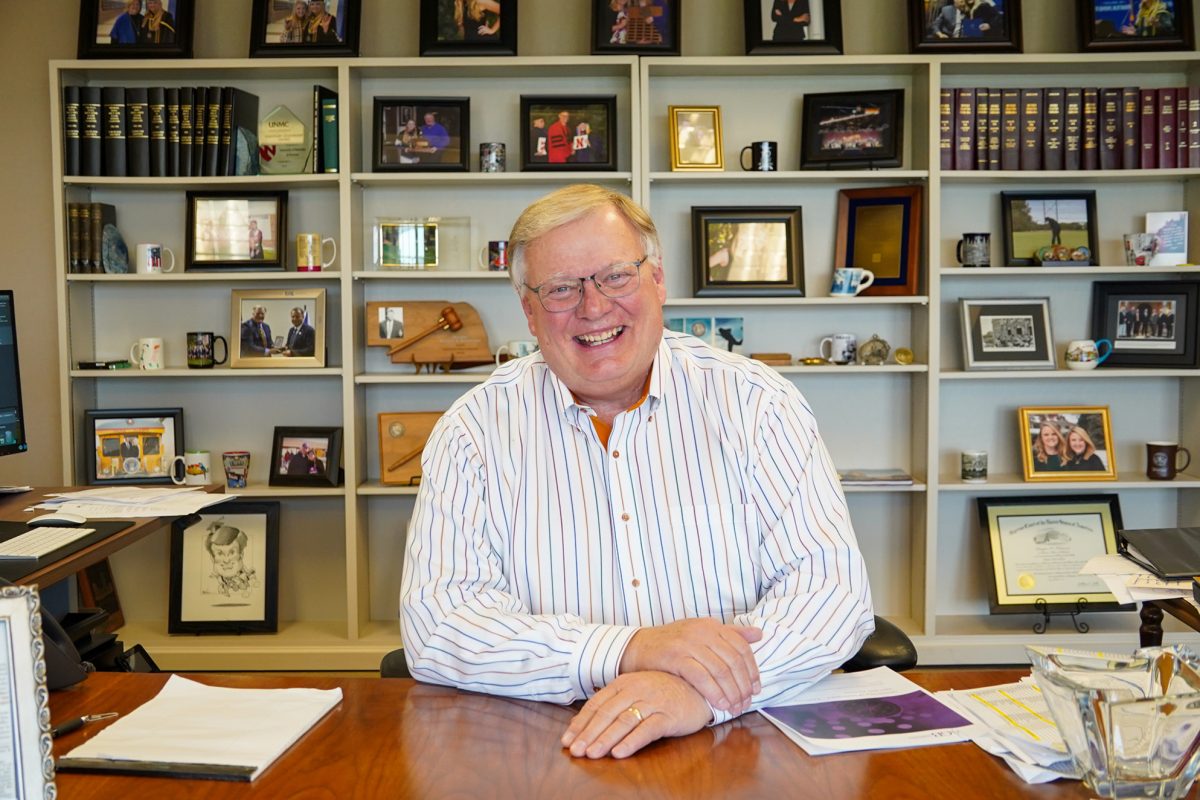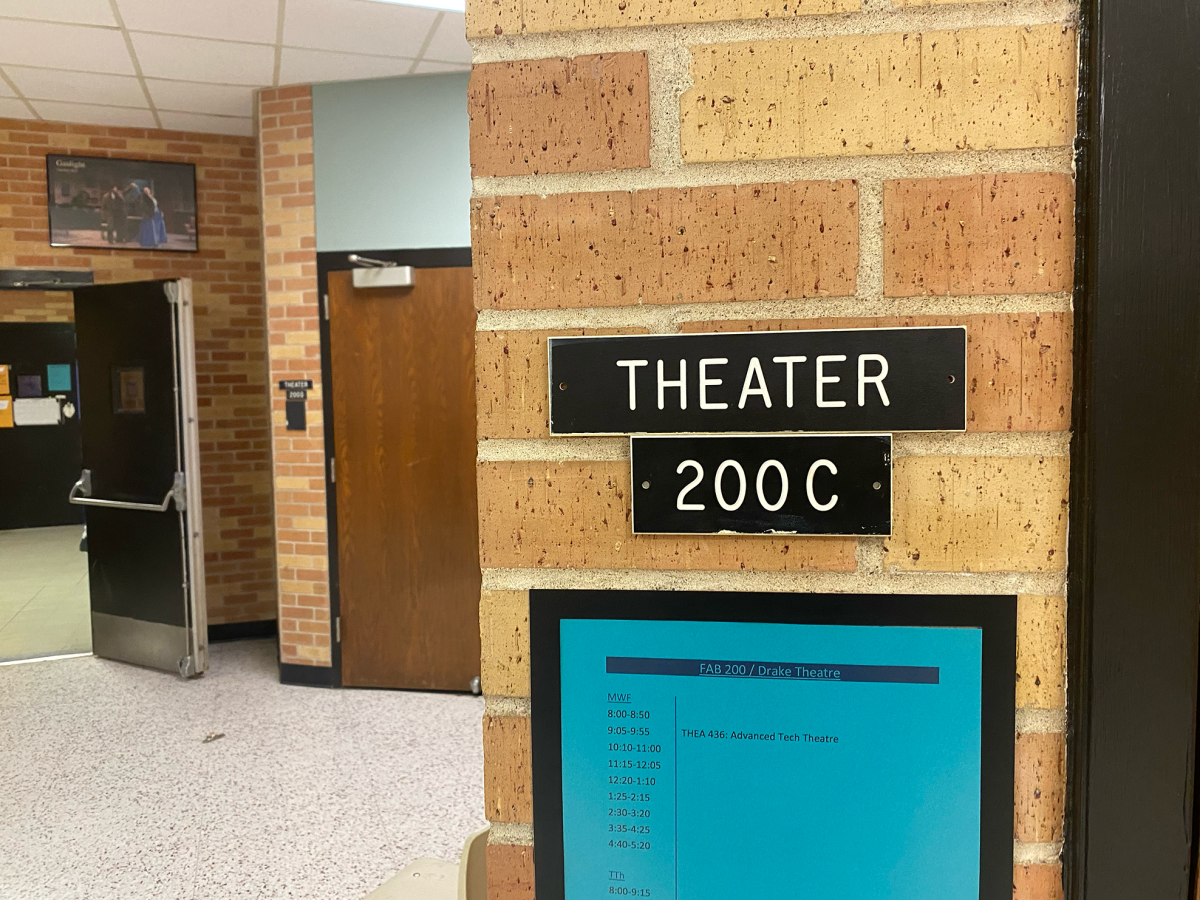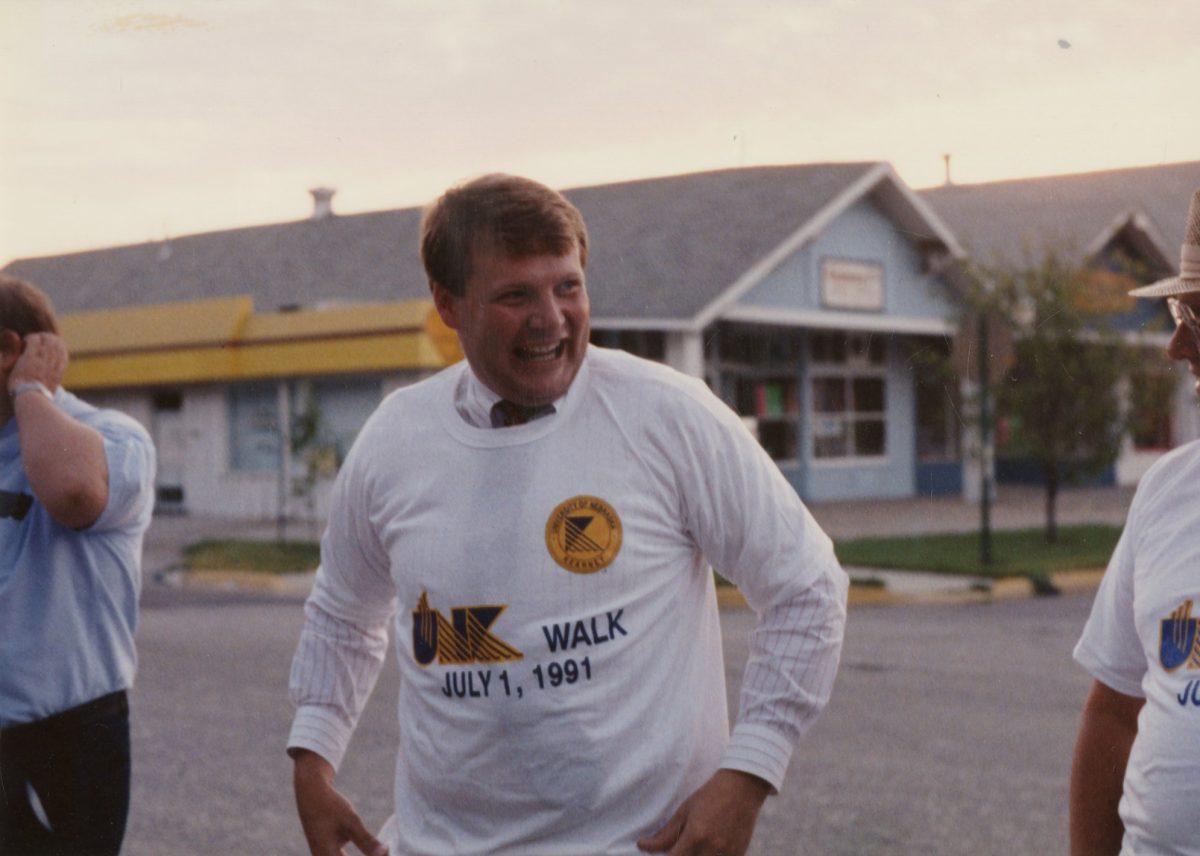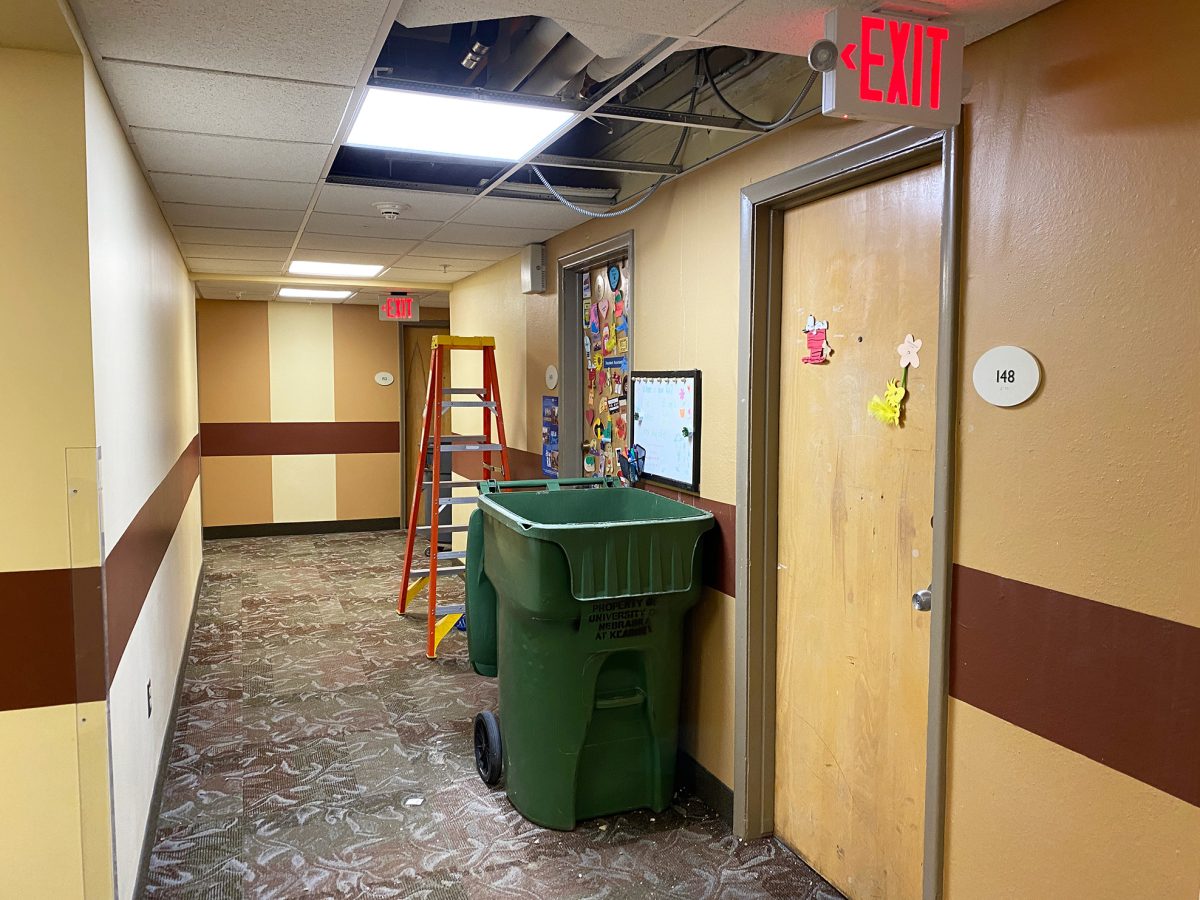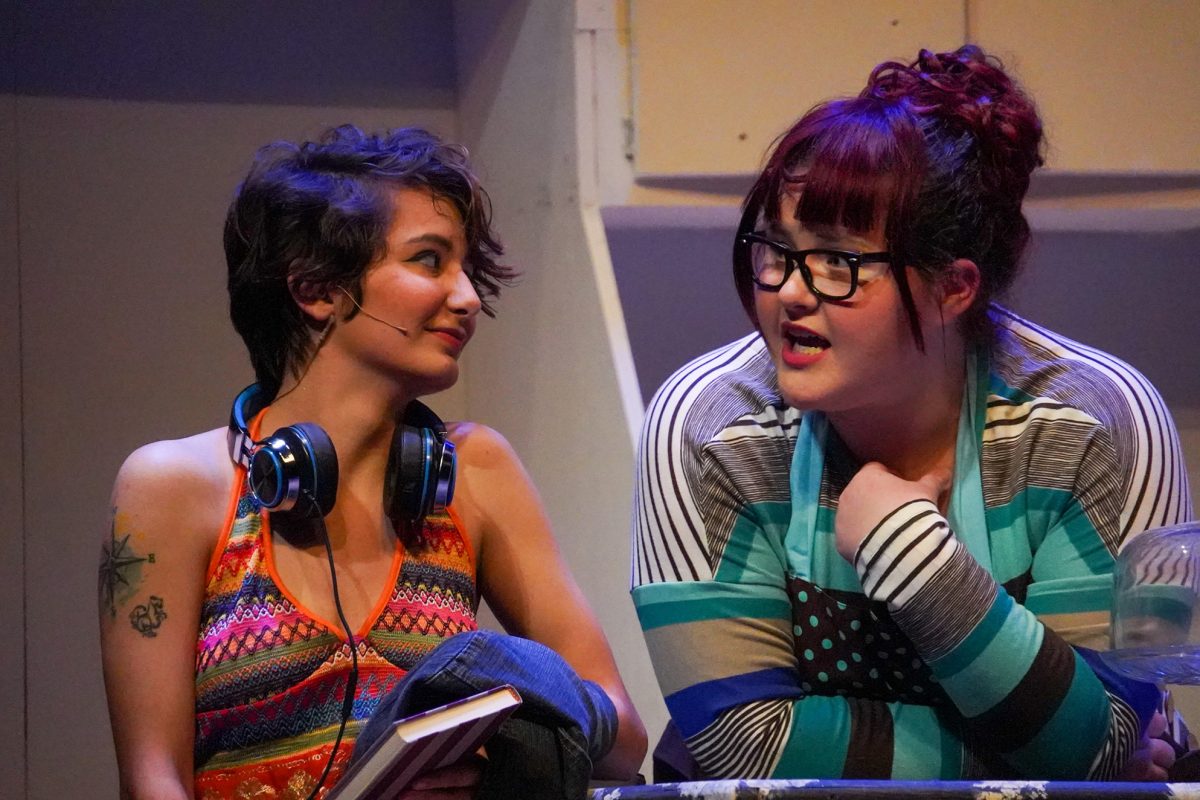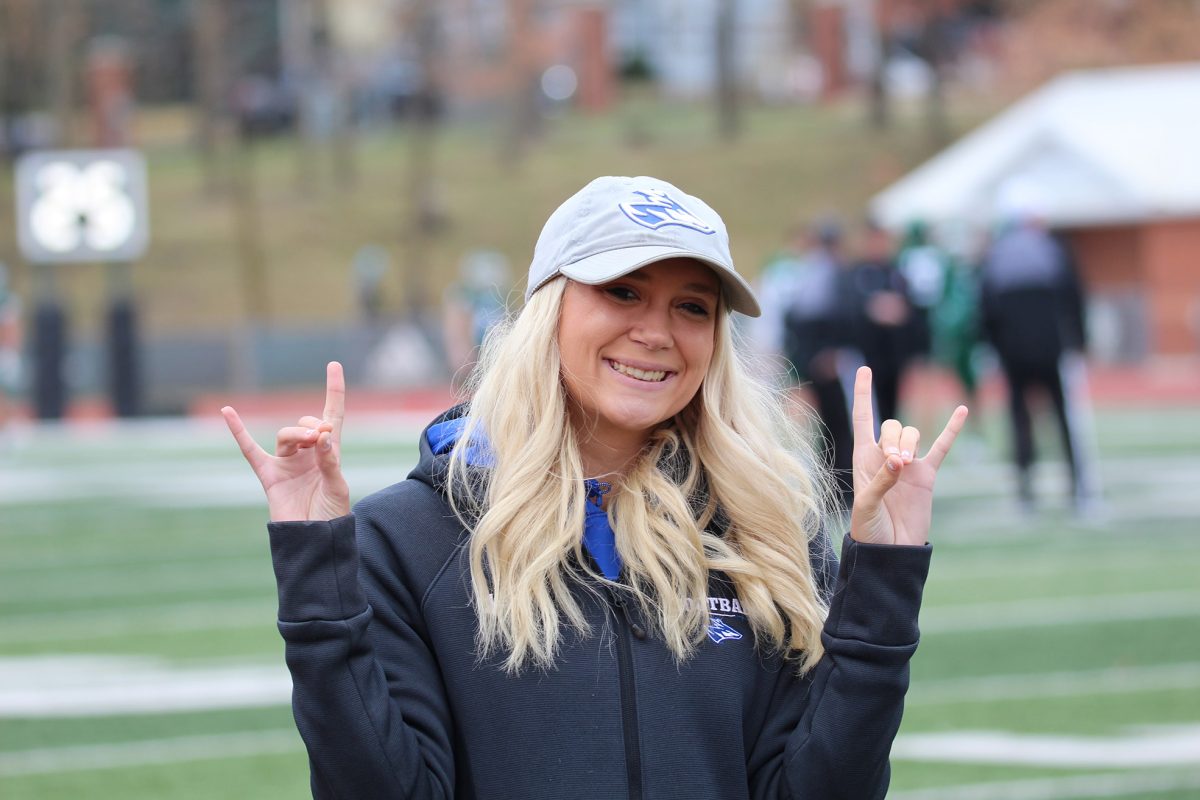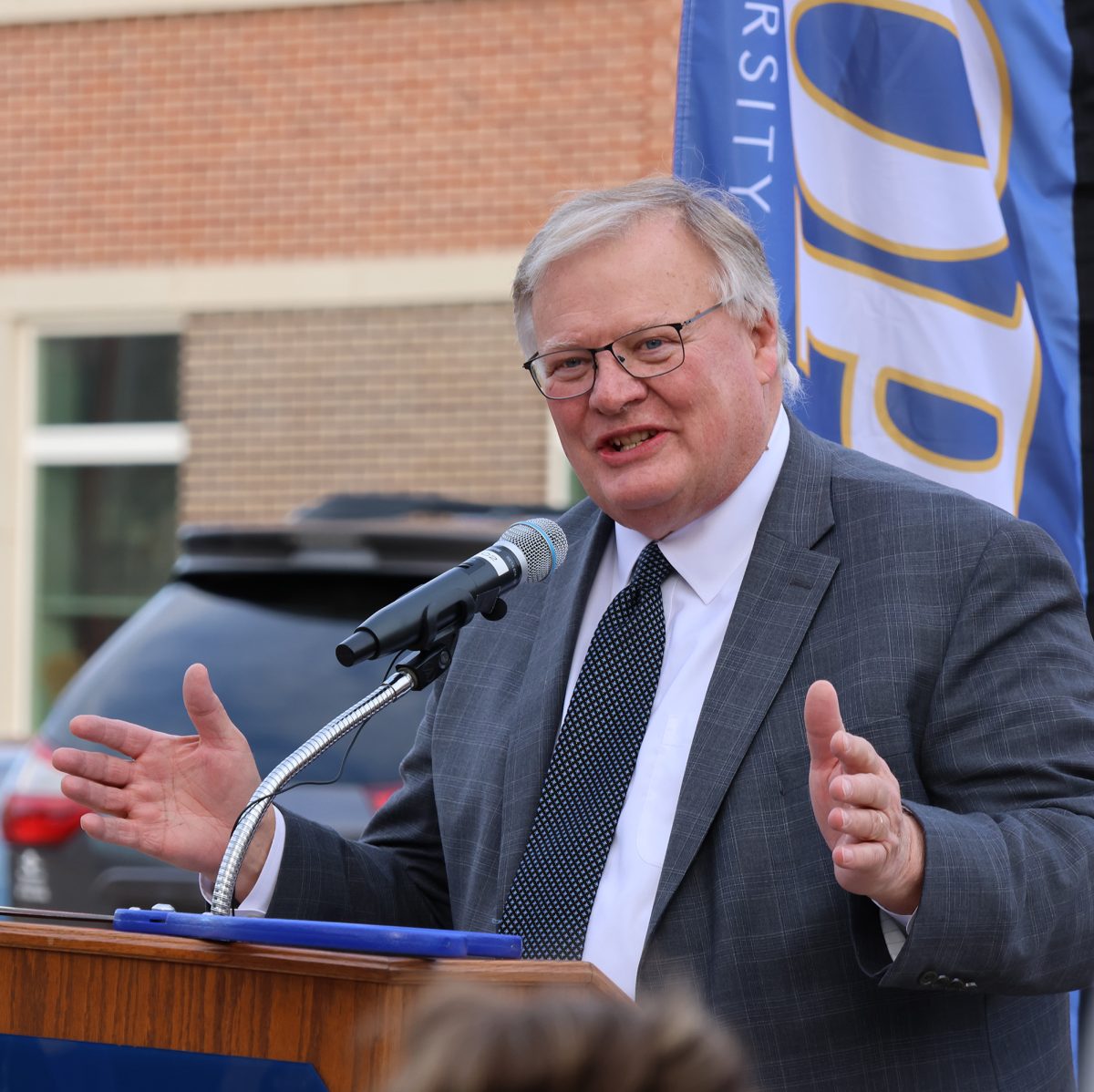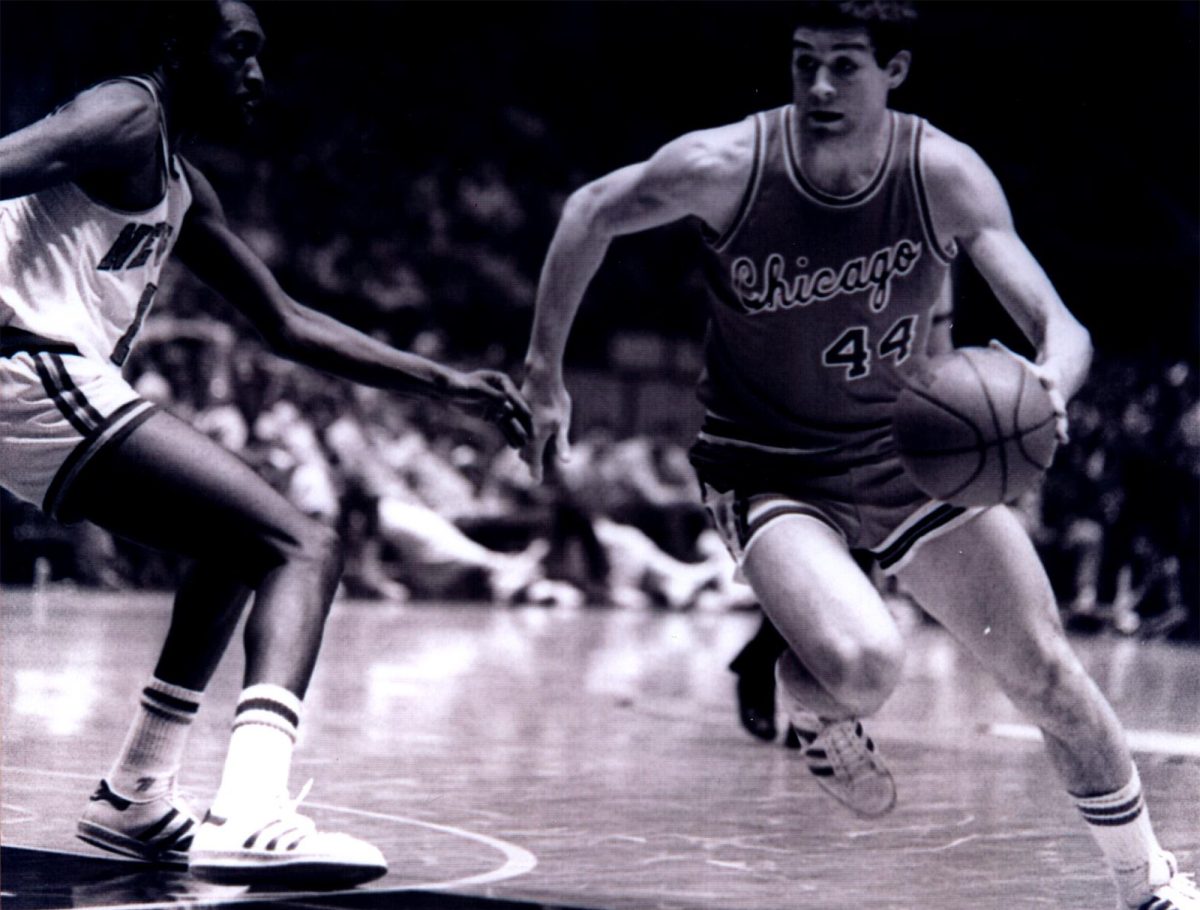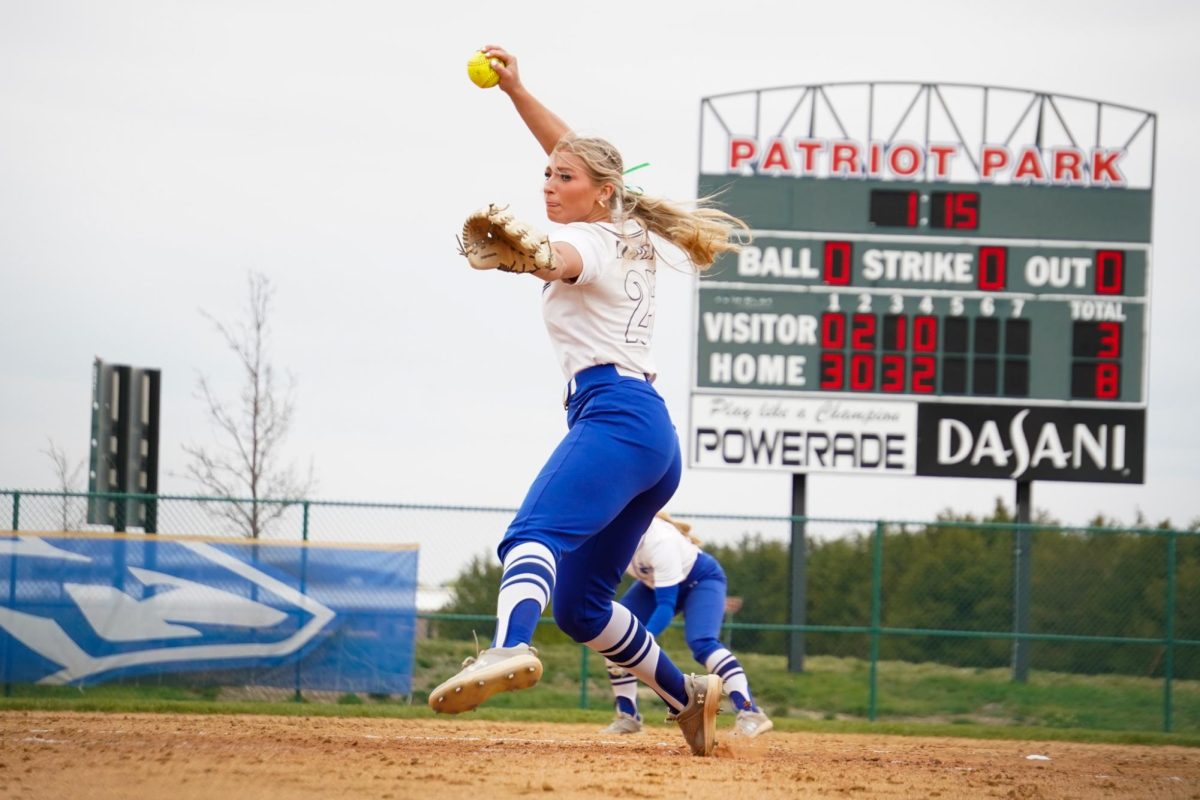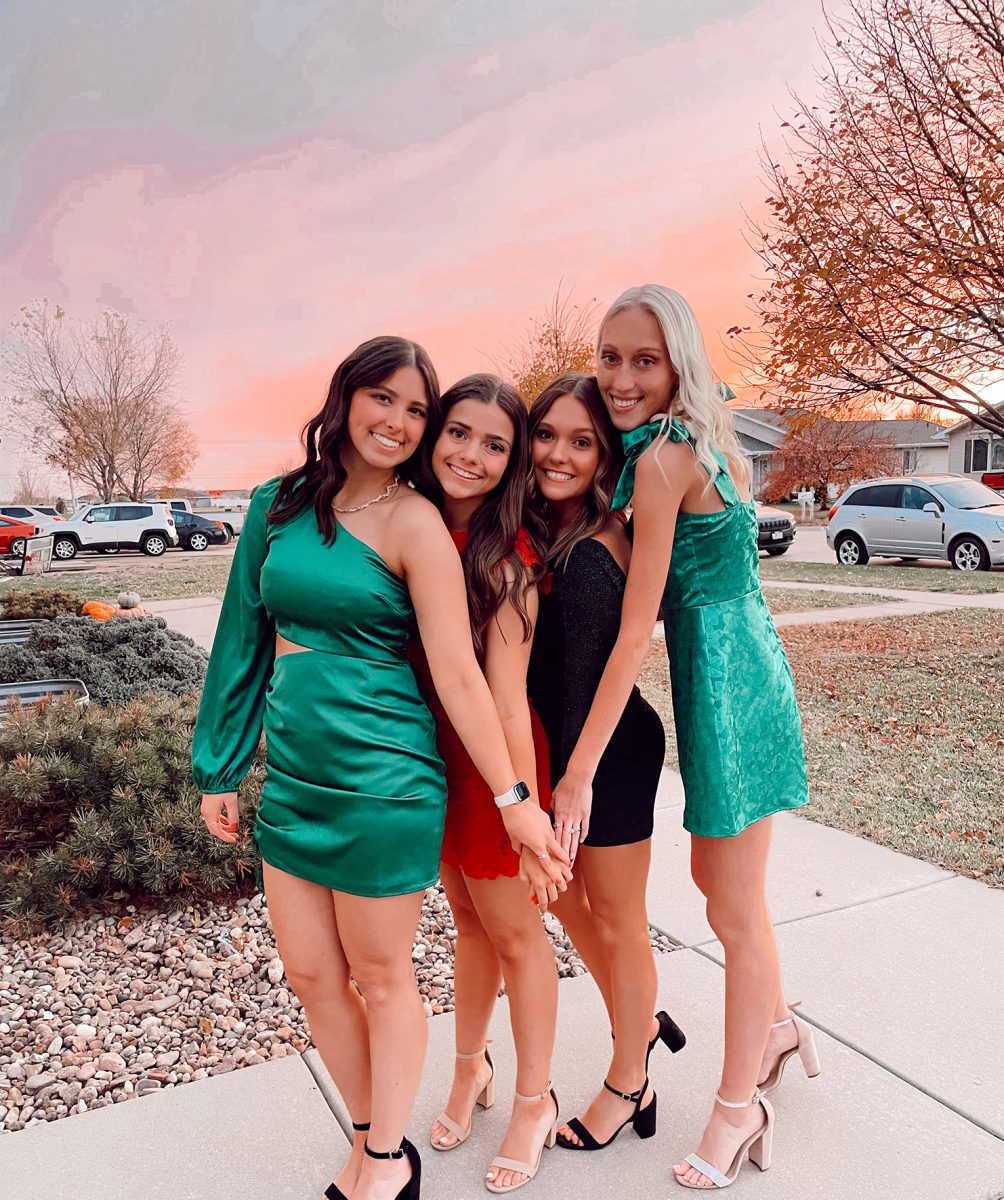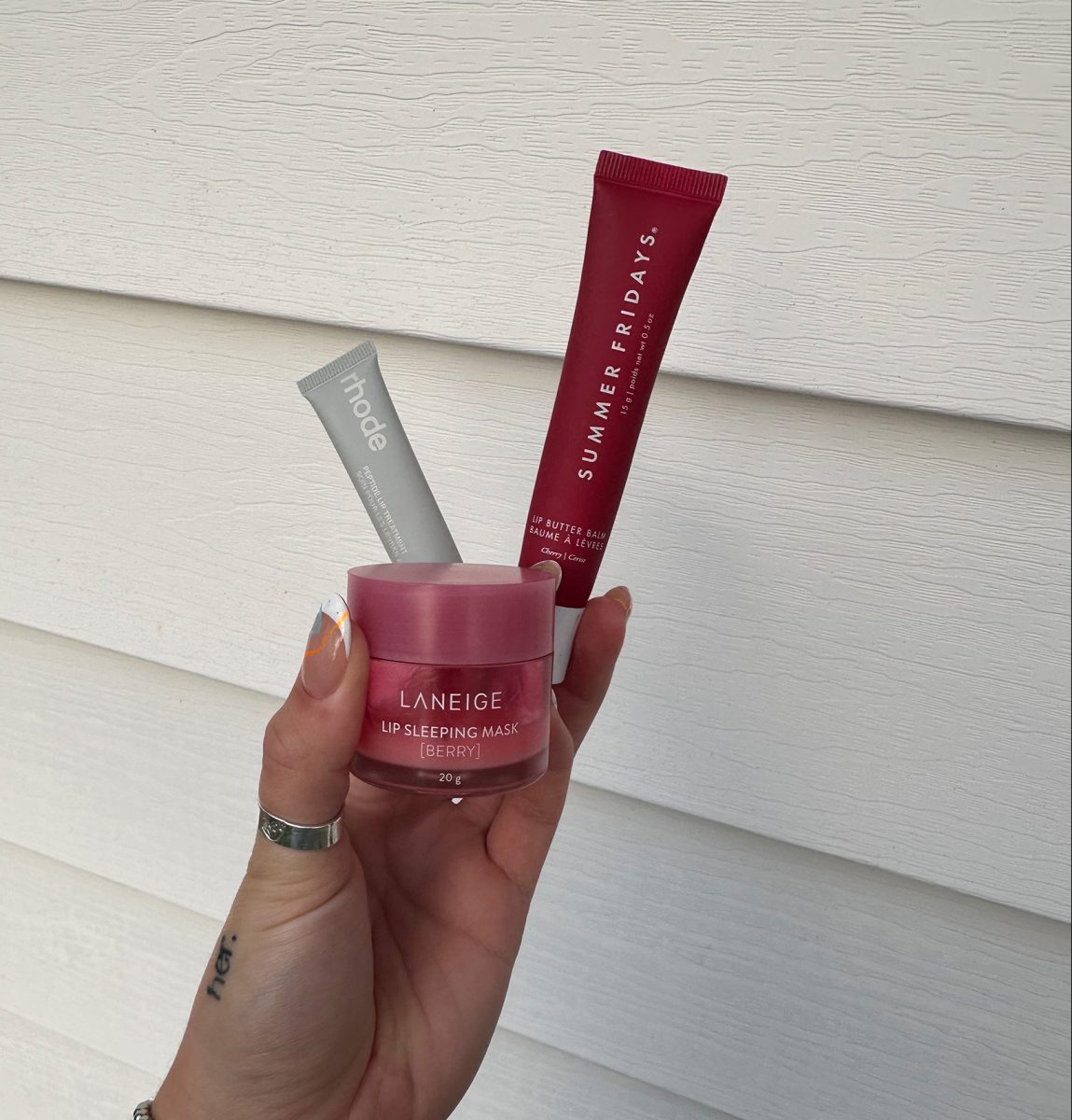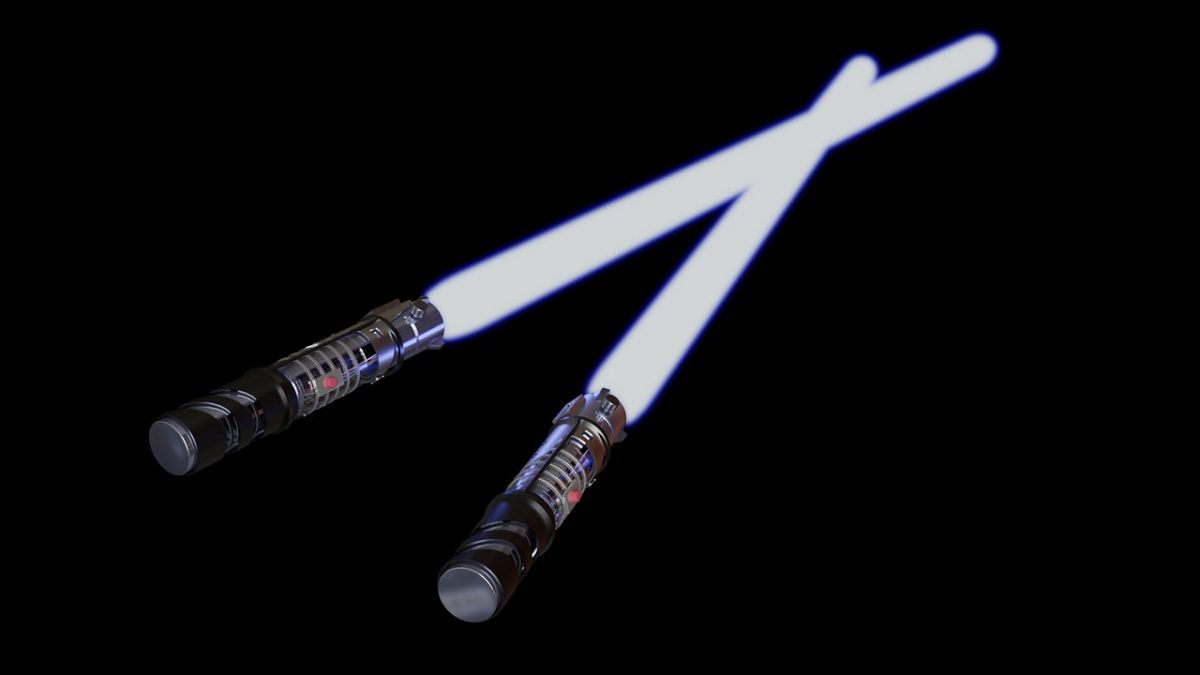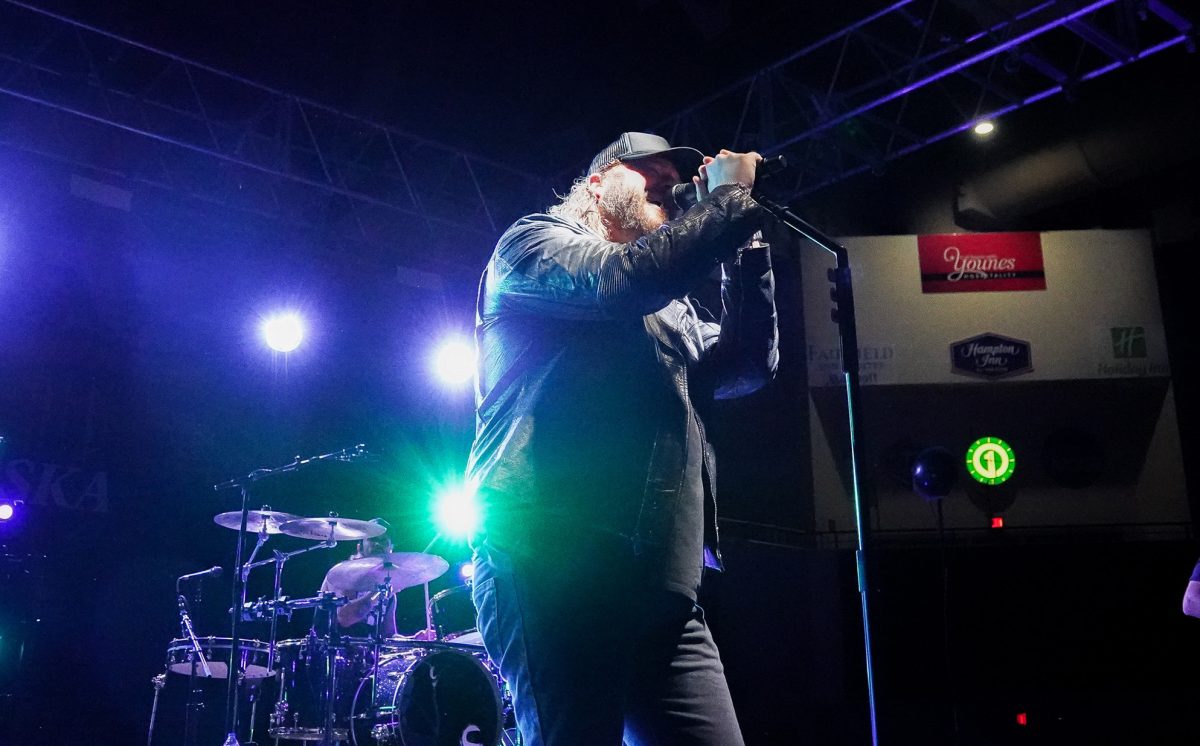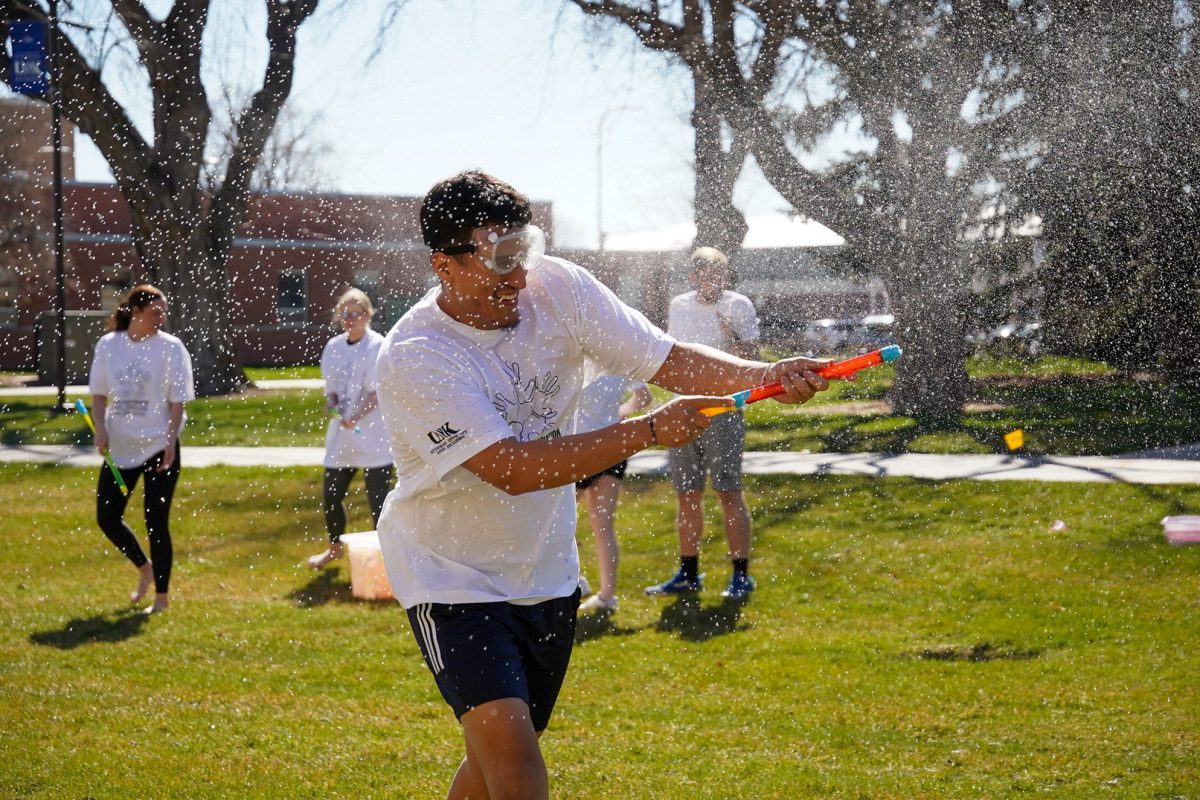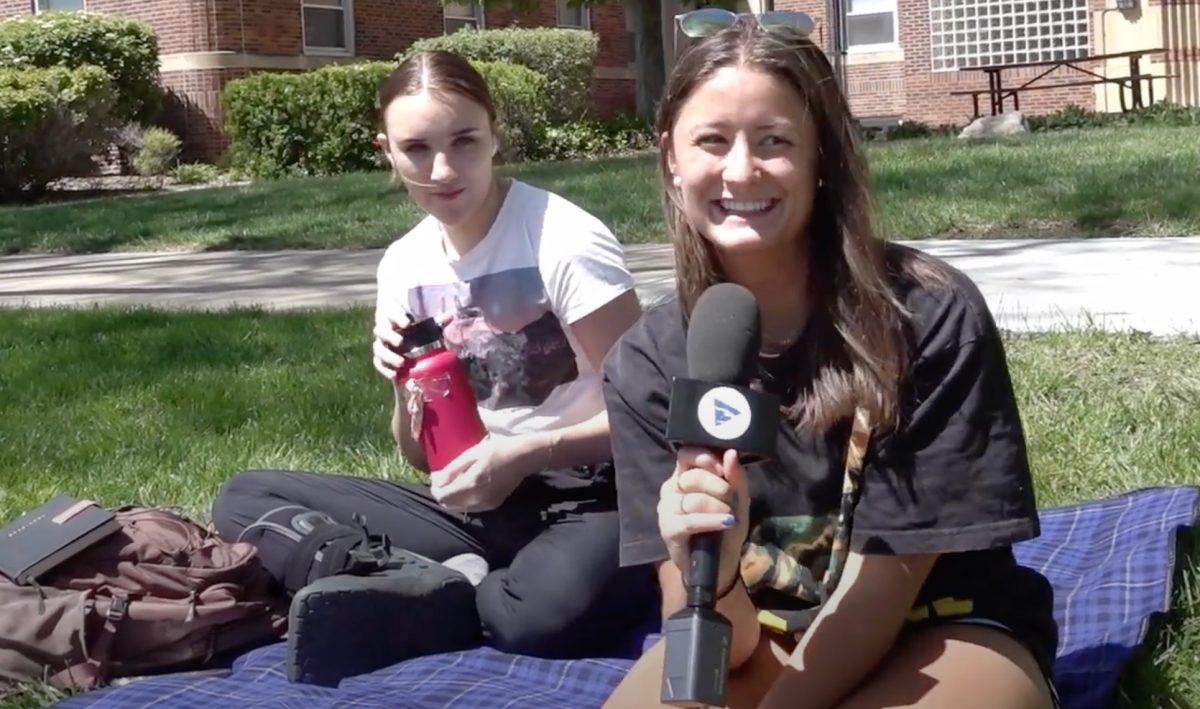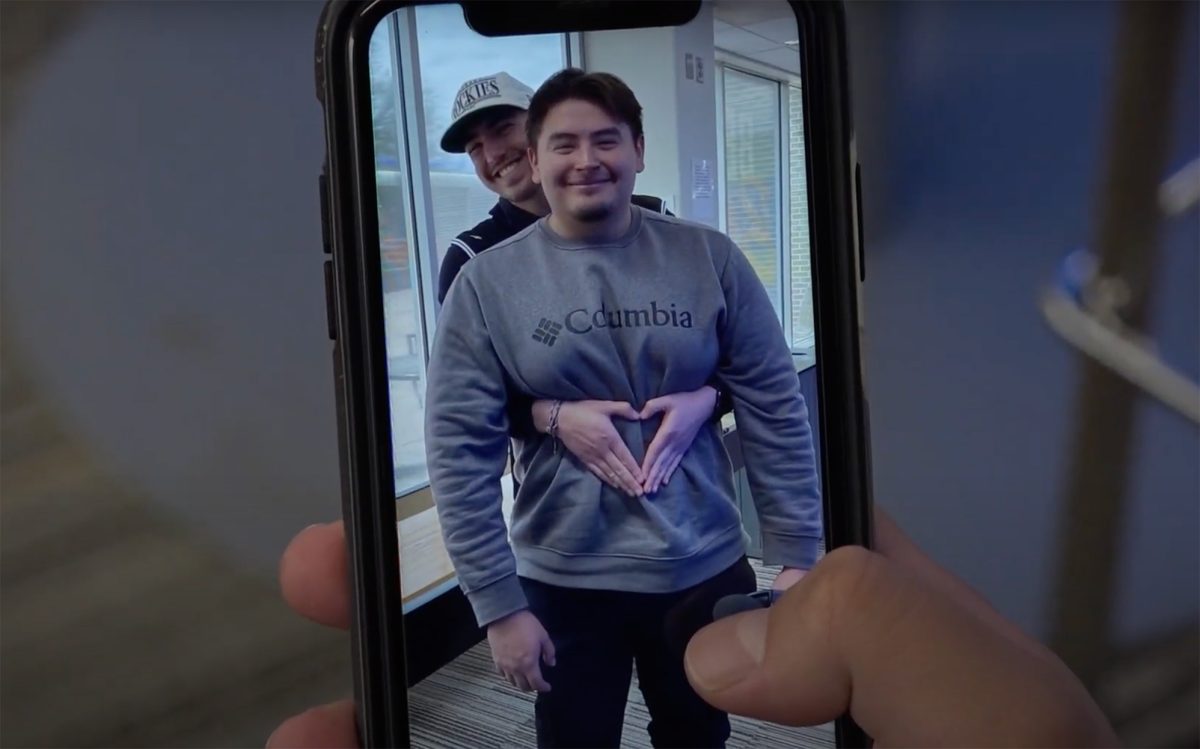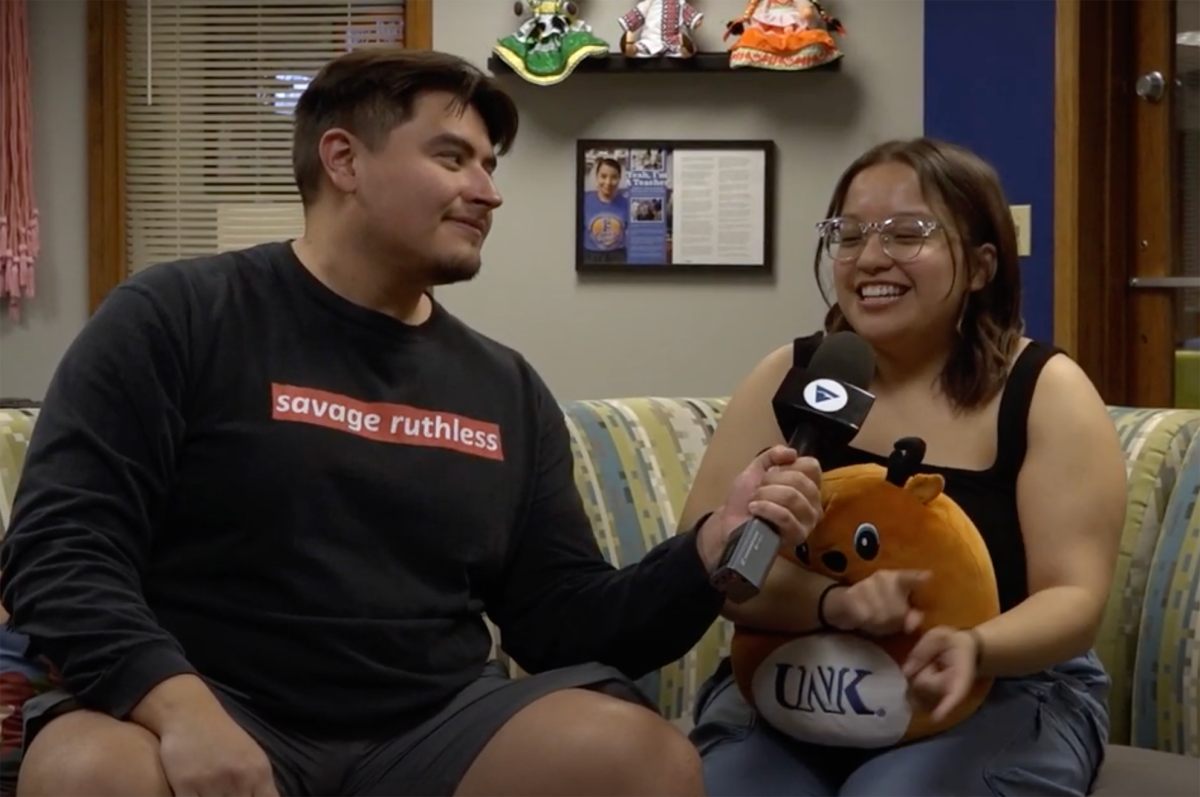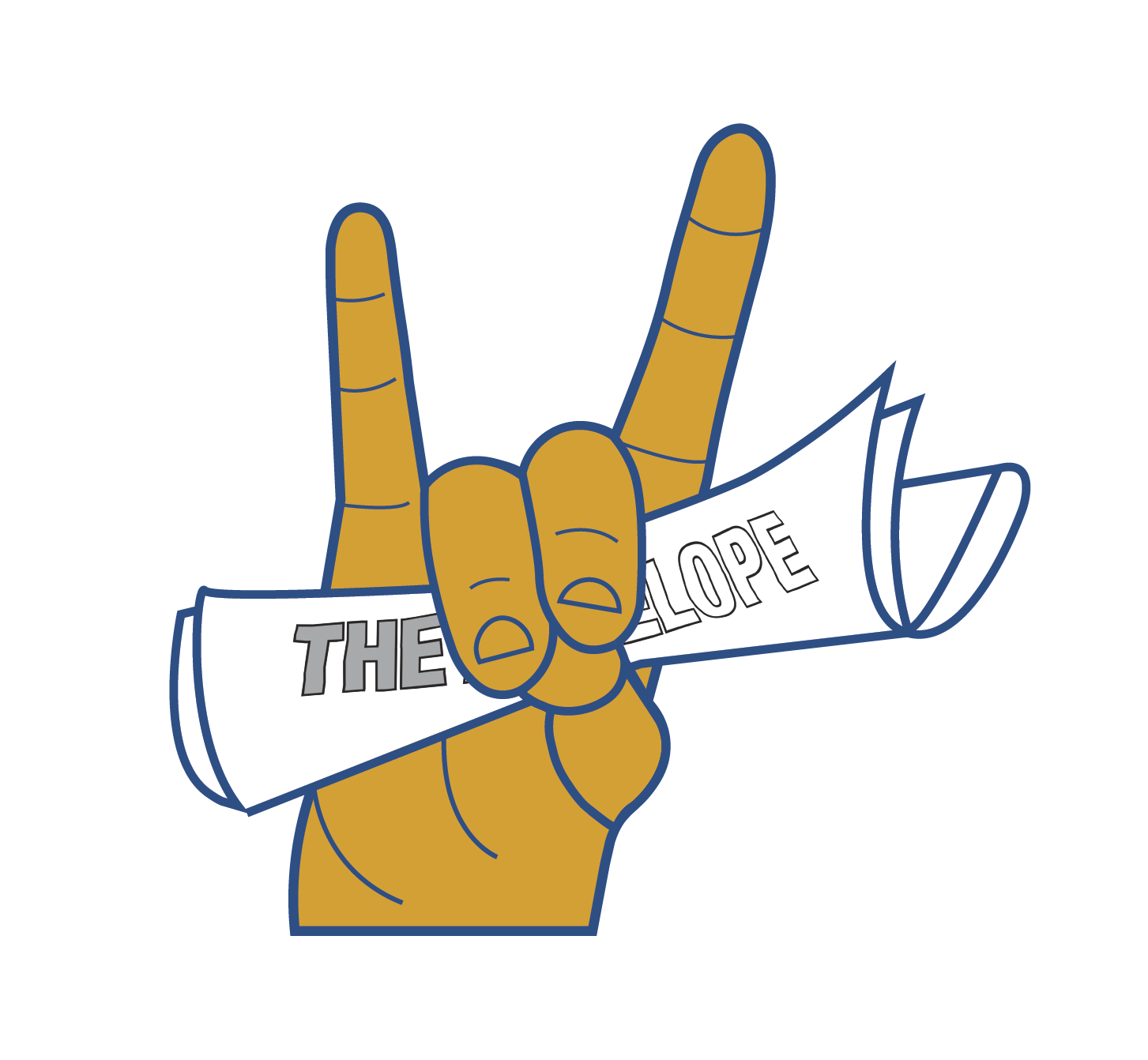Equal rights raises one consideration, whether another draft is still necessary
By ELLIOT GONELLA
Just after my eighteenth birthday, I had to fill out a government form that would be with me until I turned twenty-five years old. I then received a coupon that I keep in my wallet with my name, address, and a serial number. In the event of the government needing warm bodies to fill some void, I may have a chance of putting my life on hold and going off to serve in whatever way they see fit.
That was the Selective Service program, and I had to fill it out if I wanted to stay in good graces with the law.
Despite not having a draft since the late years of the mess that is known as the Vietnam War, all males residing in the United States, both citizens and immigrants of all kinds, need to sign up for the Selective Service by thirty days after they turn eighteen. They also have to be a part of it until they turn twenty-five years old. Despite the military interventions in the Middle East sparking some concerns for the possibility of having the draft revived, nothing has become of it. It has simply been a tradition that almost all males go through as they reach adulthood.
The program was brought back into the public light recently when a federal court in Texas ruled that the Selective Service should be considered unconstitutional on the basis of exempting women from the draft. This was seen as a violation of the Constitution’s equal protection clause. While no injunction has been made to stop the program or to include women yet, it is now in the hands of the courts and the lawmakers to fill the void.
While I hate to give even the consideration of praise upon a group called the National Coalition for Men, or any men’s rights group, the argument of having women sign up the same as men for a service that has not been activated for forty-six years is plausible since women can now serve in practically all roles.
The Selective Service program offers a solution to a problem, but I do not think that it is a problem a modern nation like the United States will face again.
So while I do think that this ruling is a step in a direction toward equality, I do not think that the draft is something that we need to have to begin with.
The Selective Service program offers a solution to a problem, but I do not think that it is a problem a modern nation like the United States will face again. Gone are the days where all you needed to serve was a pulse and the ability to follow orders. Simply increasing military numbers during a crisis does not guarantee victory. Soldiers need to be educated, properly trained, and conditioned. Rushing that process to fill a quota can lead to devastating consequences.
Looking at a non-military example, when the US Border Patrol had a hiring surge in the late 2000s, they doubled in size from ten thousand agents to around twenty thousand. There was a labor pool that was willing to fill this void, but to ensure that they met their growth goals, the Border Patrol cut corners.
Training was cut back from twenty weeks to twelve weeks, including practical areas of foreign language and physical training. The screening of applicants or more specifically the lack thereof, saw corruption and excessive force accusations skyrocket.
That is just for an agency, now consider that problem could happen to the armed forces when it needs to draft tens of thousands a year. The solution
to national security is not to simply have more, but to have better and well trained individuals.
We need soldiers who willingly want to do their job to the best of their ability, not thousands of soldiers who were told to be there in a conflict they may not support or perform tasks that they are inadequately prepared for. We’ve seen it happen in previous conflicts, we see it today in other agencies and groups.
If the Selective Service is still going to be around, then we need to have it available for all, regardless of gender, orientation, or any other factor. Simply having those numbers and relying on them does not mean anything if we cut corners, lower standards, and decrease training to meet those demands.
It will, without a doubt, make a bad situation worse.

